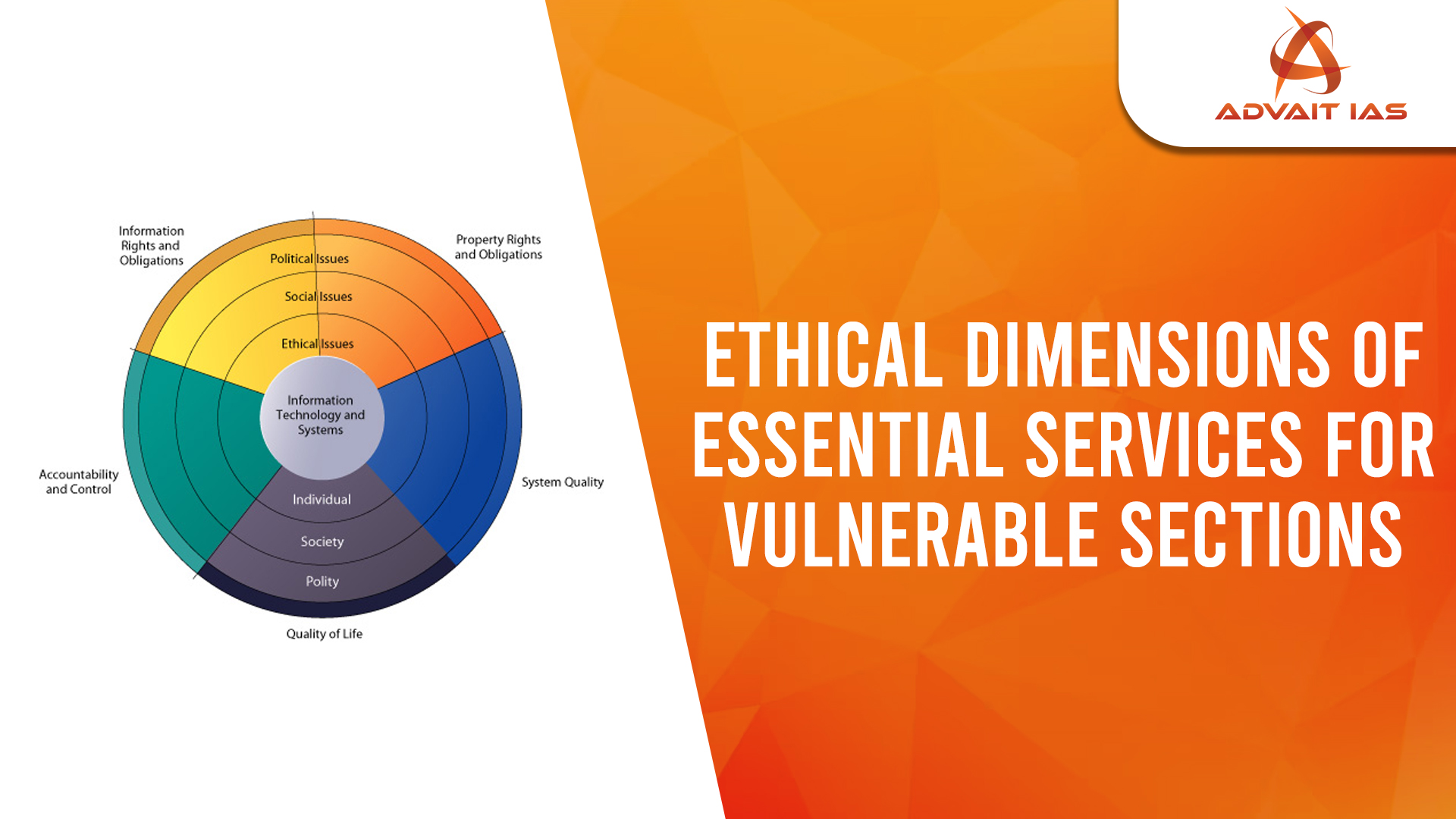The suffering of the diseased, disabled, and marginalized raises critical ethical concerns. Heart-wrenching incidents (e.g., parents carrying deceased children due to lack of ambulance; pregnant woman dying on a cloth stretcher) expose systemic failures in governance.
Ethical Dimensions Involved
Moral Obligation of the Government
- State holds both legal and moral responsibility to protect its citizens.
- Failure to provide essential services reveals deep-rooted governance issues.
- Bureaucratic inefficiency often overrides human dignity.
- Marginalized groups bear the brunt of poorly managed infrastructure and policies.
Principle of Beneficence
- Society has an ethical duty to act in the best interest of the vulnerable.
- Denial or delay of services questions the morality and effectiveness of governance.
Justice and Fairness
- Ethical justice demands equal access to resources.
- Marginalized sections often receive subpar treatment—an ethical injustice that must be addressed.
Dignity and Respect
- Every individual deserves to live and die with dignity.
- Denial of basic services to the disabled and deceased reflects societal failure to honor human worth.
Empathy and Compassion
- Ethics are rooted in empathy toward others’ suffering.
- A society lacking compassion enables structural exclusion and dehumanization.
Philosophical Perspectives
Rawls’ Veil of Ignorance
- Justice requires designing rules without knowledge of one’s own societal status.
- Encourages creation of equitable systems benefiting all, especially the vulnerable.
Antyodaya Philosophy
- Emphasizes the upliftment of the poorest and most marginalized.
- Advocates focused policy attention and development measures at the bottom of the pyramid.
Gandhian Ethics
- Upholds compassion and dignity for the “last person.”
- Encourages grassroots, non-violent engagement to empower vulnerable groups.
Way Forward
Infrastructure Development
- Improve access to essential services like healthcare, roads, ambulances.
- Ensure timely and reliable delivery especially in rural and remote areas.
Policy Reforms
- Enact and enforce inclusive policies ensuring access to services for all, including the disabled.
- Promote initiatives like Sugamya Bharat Abhiyan (Accessible India Campaign).
- Strengthen accountability of implementing agencies and frontline service providers.
Awareness Campaigns
- Public education to reduce stigma around vulnerability and disability.
- Foster societal empathy and inclusive attitudes.
Community Engagement
- Empower local communities to support vulnerable members.
- Build localized safety nets and support systems.
Interdisciplinary Collaboration
- Encourage synergy among healthcare, education, social welfare, and advocacy sectors.
- Address multi-dimensional issues through coordinated strategies.
The ethical health of a society is measured by how it treats its most vulnerable. Systemic failures in ensuring dignity and basic services highlight collective moral decline. True progress lies not just in policies, but in a fundamental shift towards valuing every life. A just society must be inclusive, compassionate, and dedicated to safeguarding dignity for all—regardless of physical, economic, or social condition.






